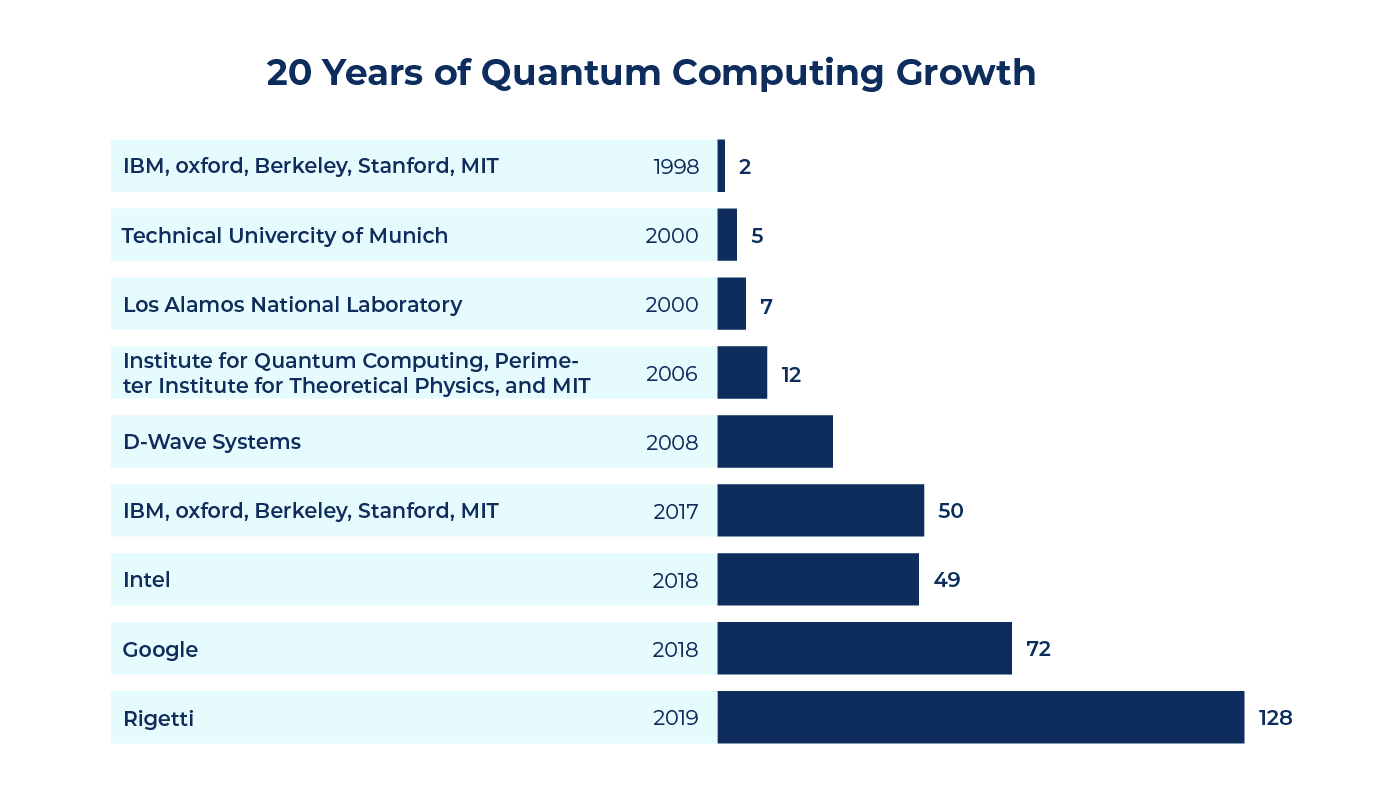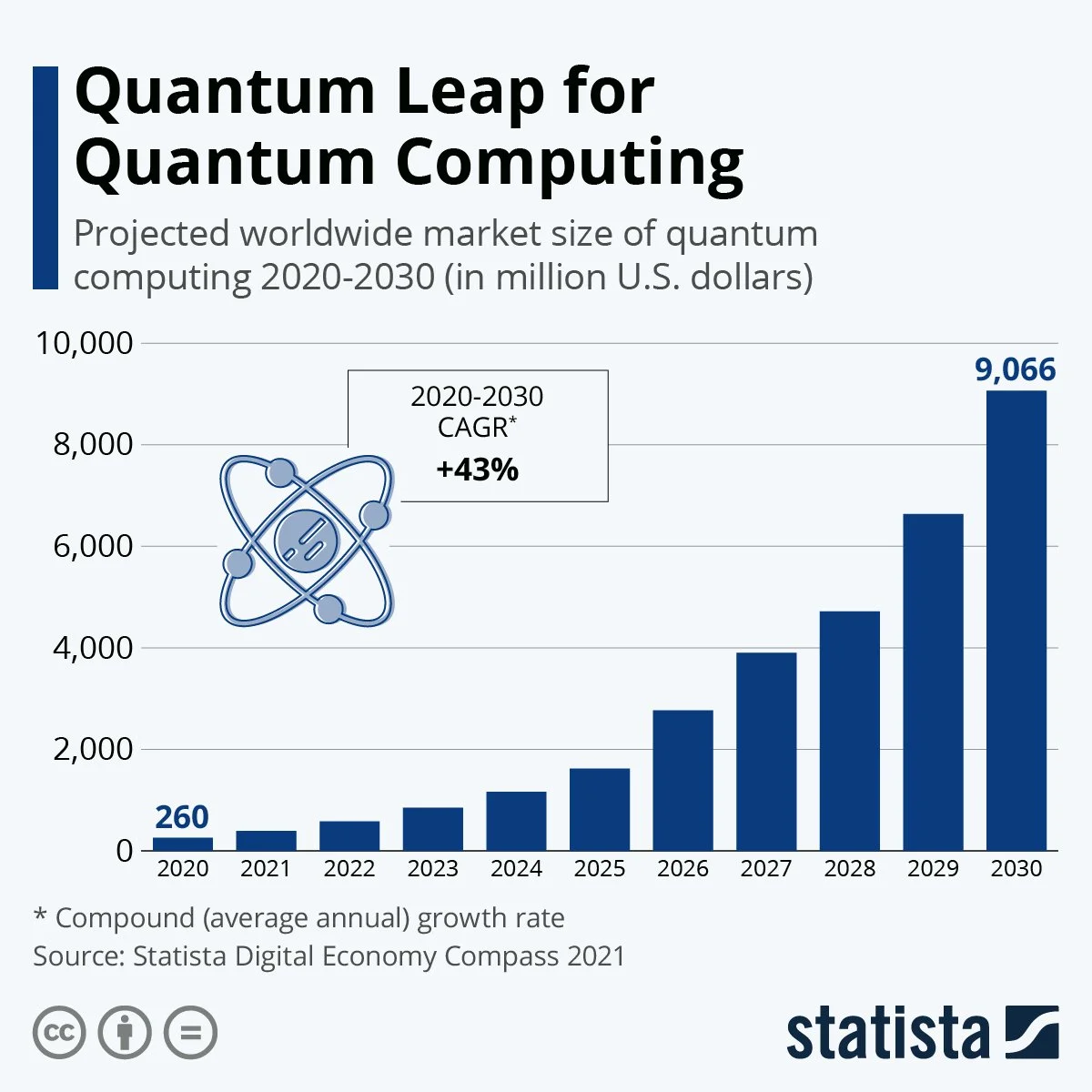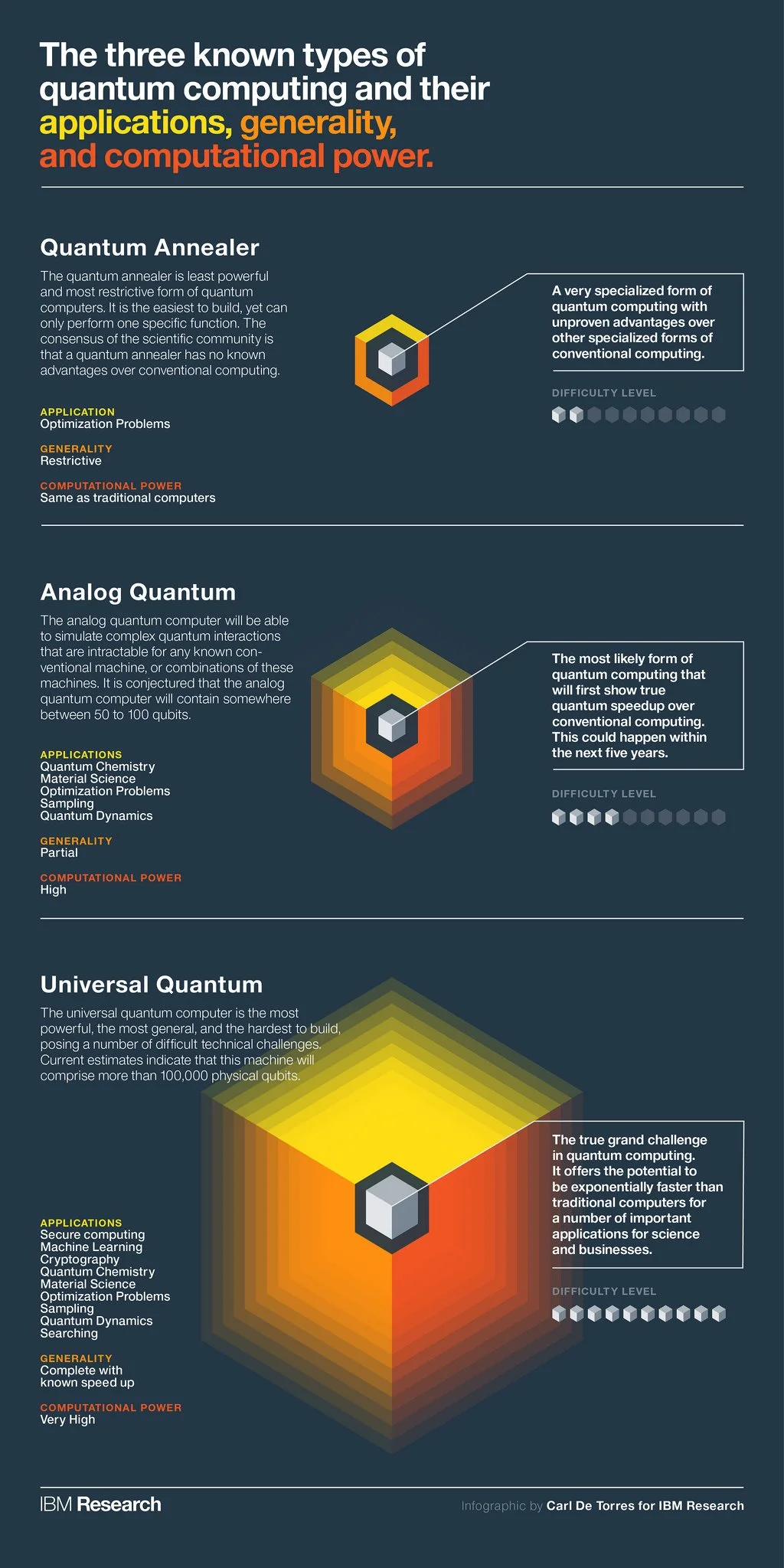Navigating the Quantum Threat: Security in the Age of Quantum Computing
Quantum computing is on the horizon, promising to transform industries with its unparalleled computational abilities. Yet, this technological marvel brings with it a shadow of uncertainty, particularly in the realm of cybersecurity. In this blog post, we delve into the security risks posed by quantum computing and the proactive steps being taken to fortify our digital defenses.
The Quantum Challenge to Cryptography
The crux of the concern lies in quantum computing's potential to unravel the cryptographic tapestries safeguarding our data. Conventional encryption, reliant on the complexity of problems like integer factorization, stands vulnerable to quantum algorithms that can slice through these mathematical Gordian knots with ease. The encryption that secures everything from personal emails to state secrets could, in theory, be compromised overnight.
The Rise of Post-Quantum Cryptography
In anticipation of this quantum threat, the cryptographic community is rallying to develop post-quantum cryptography (PQC) algorithms. These cryptographic vanguards are designed to withstand assaults from both classical and quantum foes. The National Institute of Standards and Technology (NIST) is at the vanguard of this movement, spearheading the Post-Quantum Cryptography standardization initiative. Algorithms like lattice-based, hash-based, and code-based cryptography are among the contenders vying to secure our digital future.
Physical Security in the Quantum Era
The quantum quandary extends beyond the digital domain, necessitating robust physical security measures. Quantum technology can bolster cryptographic schemes, but it also demands reevaluating how we safeguard key generation, storage, and the execution of cryptographic protocols.
Economic and National Security Implications
Quantum computing's economic promise is counterbalanced by the national security risks it harbors. The timeline for these developments is shrouded in uncertainty, underscoring the need for preemptive action. While today's quantum computers don't yet pose a threat to security, the rapid pace of progress necessitates readiness for the eventuality of quantum attacks.
Preparing for the Quantum Future
Transitioning to quantum-resistant cryptography is a complex and lengthy endeavor. It requires a collaborative effort across governments, industries, and academia to research, standardize, and implement new security protocols. Organizations must begin planning now to navigate the quantum transition smoothly.
Public Awareness and Education
Raising public awareness and education about quantum computing's potential impact on security is crucial. A broad understanding of the risks will foster support for the necessary investments in quantum-safe technologies. Setting global standards for quantum-resistant cryptography is a task that transcends borders. International collaboration is essential to ensure a secure and unified global digital infrastructure.
““One who finds the niche of quantum coputing application will become the new market leader””
Quantum Computing Benefits
Despite the risks, it's important to recognize the positive applications of quantum computing. From revolutionizing medicine to optimizing logistics, the benefits of quantum computing have the potential to enhance society significantly. Organizations can take several actionable steps to prepare for the quantum era. Conducting risk assessments, inventorying cryptographic assets, and engaging in quantum-safe pilot projects are prudent measures to ensure readiness for the quantum future.
Conclusion
Quantum computing represents a dual-edged sword, offering both groundbreaking opportunities and formidable challenges. As we stand on the precipice of this quantum revolution, addressing the security risks with foresight and determination is imperative. By investing in research, embracing new cryptographic standards, and fostering a culture of awareness, we can secure our digital realm against the quantum computers of tomorrow.



